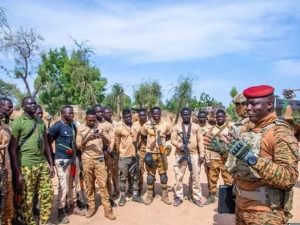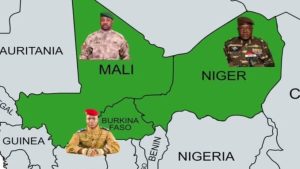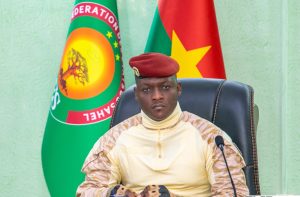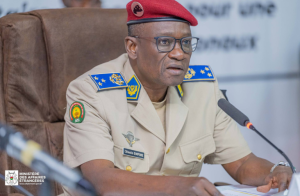Burkina Faso: Towards refocused electoral governance consistent with national rebuilding
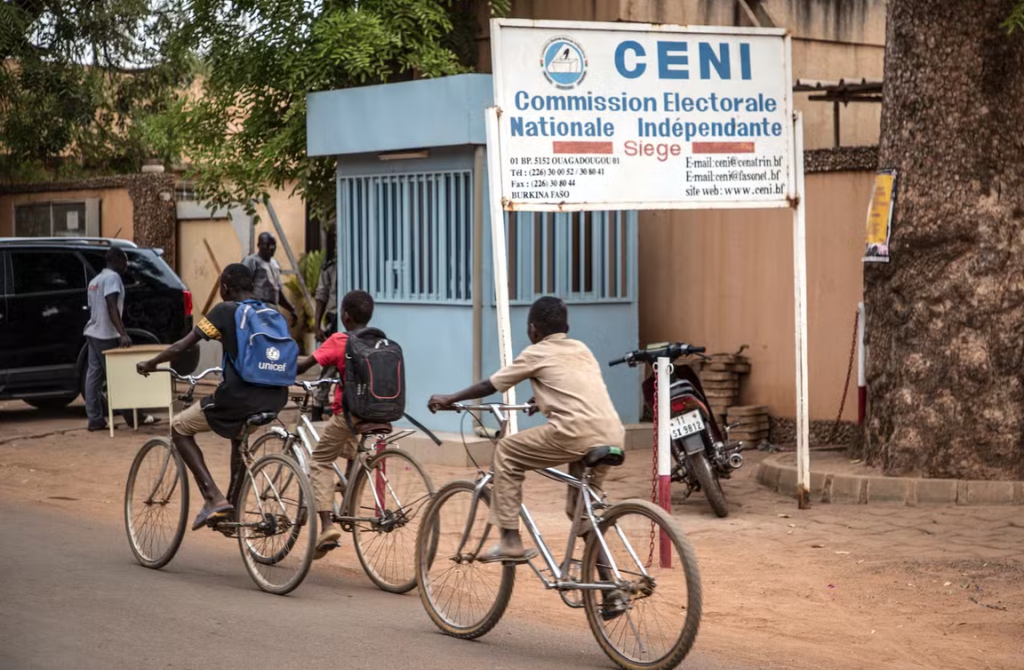
Since the beginning of the Transition led by Captain Ibrahim Traoré, Burkina Faso has embarked on a profound rebuilding of its institutions. This process aims to reconstruct the state on the basis of popular legitimacy, asserted sovereignty, and a recentering of public management on the general interest. Within this framework, several institutions deemed inefficient, costly, or out of touch with national realities have been reorganized or dissolved.
It is in this continuity that the adoption by the Transitional Legislative Assembly of the bill dissolving the Independent National Electoral Commission (CENI) takes place.
The stakes go beyond the sole question of elections; it is about affirming political coherence between the objectives of the Transition, the nation’s priorities, and the tools that must serve them.
The dissolution of the CENI responds to an imperative of truth and efficiency. For several years, the institution had faced a decline in its credibility, suspicions of partiality, and a budgetary burden that appeared increasingly unjustifiable for a country fighting terrorism and engaged in a massive effort of social reconstruction.
Continuing with a model that had reached its limits would have been the easy choice; the Transition assumes the choice of transformation.
The transfer of electoral prerogatives to the Ministry of Territorial Administration is not an authoritarian centralization; it is an act of rationalization. Its objective is to place the organization of elections within a clear, legible, and accountable institutional chain, placed under the direct control of the State.
Sovereignty does not consist of multiplying bodies, but of guaranteeing the full and complete mastery of the fundamental processes of national life.
This decision marks a step in the affirmation of Burkina Faso as a nation standing tall, conscious of its destiny, and determined to rebuild its institutions based on service to the people.
The ongoing rebuilding is not a slogan; it is translated into structural, assumed, and courageous choices.
Where others would have circumvented, postponed, or concealed, Burkina Faso moves forward, decides, and clarifies.
The Transition does not adapt to old forms; it creates new ones, commensurate with the history currently being written.
Maurice K.ZONGO



